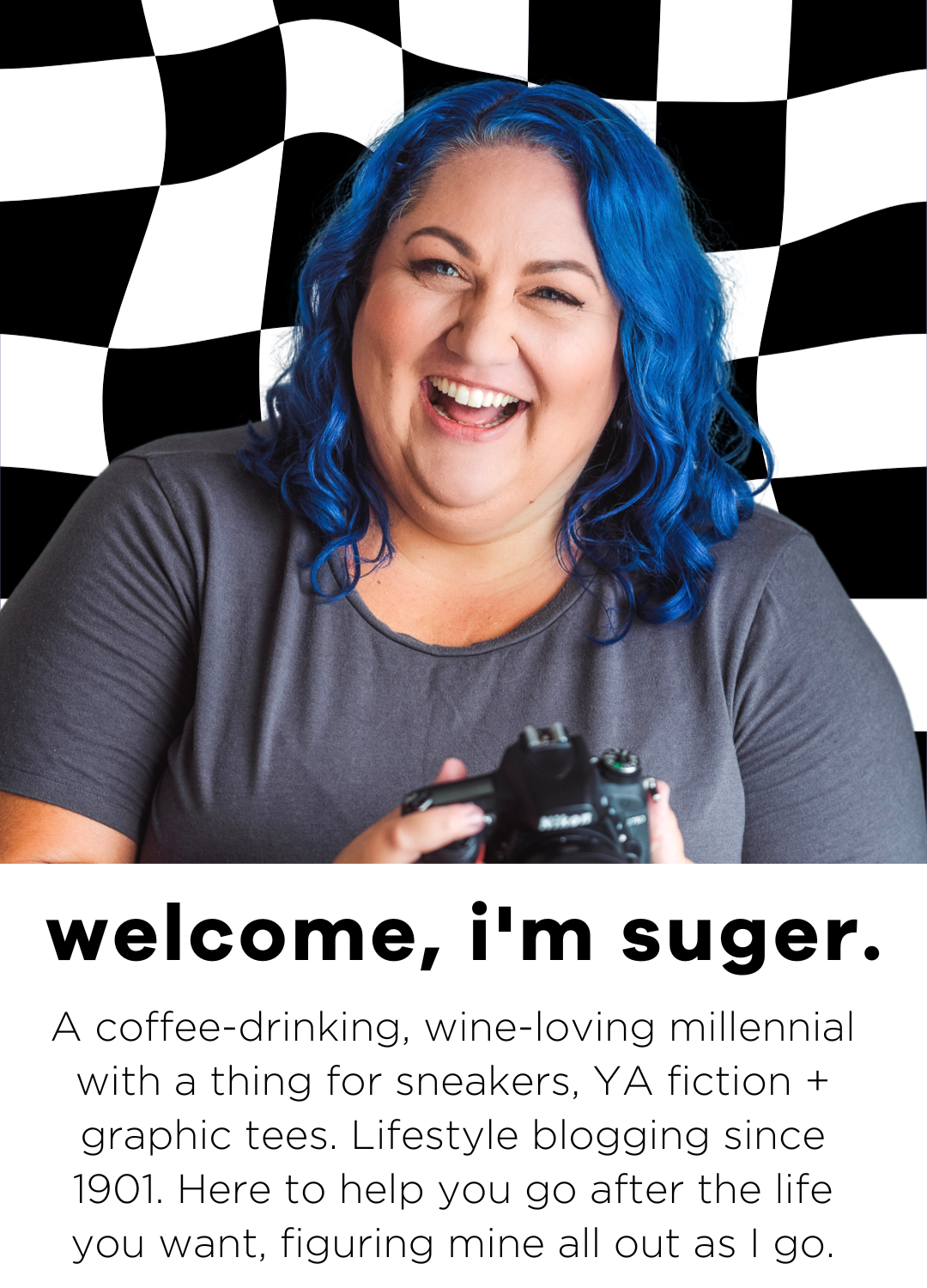I heard them in a cafe. Then again on the footpath, as I walked to my car and in line to pay for petrol at the service station. Women, talking about other women and bodies, fat and diets. I wonder if I’m more prone to hearing these conversations because it’s such a big part of my world. Or is this is what it looks like out there?
Are women really spending a considerable part of their lives concerned about their body, size, shape and getting fat?
Don’t worry; I think I know the answer. We’re not there yet. We are working our collective butts off to give people, women especially because the weight of these expectations usually falls to us, the freedom from these ideals. And not just that, the oppression of not being good enough. But they are as strong as ever. That makes me sad, actually.

To see body-positivity/inclusiveness bundled up and served to us on shiny platters, as the next marketing message to swallow. The way that people most at risk of prejudice and bias are pushed to the side of their movement. Of course, it’s hard for the everyday woman, going about her life, to swallow. Of course, she wants to instead fit in, toe the line or at least be validated by those around her. Because messaging aimed at women is bullshit.
Total b.s.
When a singer with a size eight ass (that’s US sizing, I’m not sure what the conversion is) is too big to dress at the Grammy’s, we roll our eyes because we KNOW. Not because there’s no one making Grammy’s dresses for us, but because it can be challenging to buy underwear, swimwear and the basics to get ourselves to work.
When the newest Instagram favourite tells us to love our bodies because she too has cellulite on her bum (in the direct sun at certain angles) or because her stomach and back have skin the moves, we sigh because we KNOW. We have stomachs that can’t be sucked in, and rolls that are there whether we contort or not. We have skin that is marked, blemished and stretched, with pores and everything.
Then a new label launches a campaign, and it’s inclusive, they say — a range of models and diversity of skin colour, ableness and experiences. But when we look, it’s something, but it’s not enough. The line stops at a size 18/20, or the models aren’t as diverse as they claimed, or you can’t see this message of ‘all of us together’ they are selling no matter how hard you look.
And we get frustrated, upset and tired of fighting.
Because once again inclusion means to a certain size or age or race or sexual orientation, of a pre-determined level of health or suitable ableness, or whatever the latest is. We are told that we are included now, but we aren’t. Someone in an office somewhere decided that things needed to change if they wanted to continue to sell to us. But only enough change that we would swallow it. See the ‘progress’ and hope that our turn was next.

Which probably sounds cynical, and I’m sure it is. It’s not something I like to be, but it happens. I’m here because when you don’t like how people are activists for change, you better have some skin in the game. And I can’t speak to diversity in pretty much any category other than size, but I’m going to do my bit, hopefully making space for others voices to be heard.
The way women talk needs to change.
I mean, how ARE you? What’s been happening in your world that is new, exciting or frustrating. Can we talk about how to build our businesses or create happy and dynamic families? Or about the environment, working conditions or genuine threats to women such as domestic violence and harassment? But this isn’t about being SERIOUS all the time, and like “totally grown up, serious humans”, it’s about giving attention to things that matter.
The size of your ass, unfortunately, is pretty close to the bottom of that list.
Now, I don’t want to minimise anyone who feels they need to talk about their weight or health but consider how much of your day you are giving over to these things? Are they taking over your life? If it’s the first topic of conversation with family and friends, with yourself, and anyone who will listen, I hope you’ll look at that for the programming it is and move towards something else.
Spend some time in your conversations dreaming, sharing and imagining. See what shows up when you take your conversations to the next level. That’s my challenge for you, ladies. It’s my challenge for me too. When we lead by example, we challenge what’s normal, and piece by piece we can change the conversations of women.
Don’t you think?
Photos by rawpixel on Unsplash
Hi! I’m Melissa Walker Horn. Around here, they call me Suger. I’m the Chief Blogger and doer of all the things here at Suger Coat It. Blogging since 1901; I love a casual ootd, taking photos, and writing about things that irk or inspire me. I love wine and cheese, long days at the beach and spending time with my family. I make stuff for the internet over at Chalkboard Digital. You know, living the sweet life.



